Learning Beyond Borders: CAS Journey to Bali
An educational adventure where students discover, engage, and contribute beyond the classroom.
What is the most unforgettable memory from your school days?
For some, it might be the ringing of the morning bell and the orderly rhythm of school assemblies. For others, it’s the joy of Foundation Day celebrations, bursting with music, dance, and laughter. And for many, the most cherished memories are those moments when learning spilled beyond textbooks—on trips, camps, and journeys that felt bigger than school itself.
Education, after all, is not just about grades or exams. It’s about the experiences that shape us, the friendships we build, the mistakes we make, and the lessons we carry into the world. One of the most powerful examples of this philosophy is the CAS journey—Creativity, Activity, Service. For students, CAS is not just a program. It’s a passport to growth, discovery, and becoming a citizen of the world.
In this story, we’ll take you to Bali—an island that became more than a travel destination. It became a classroom without walls, where students discovered what it truly means to learn beyond borders.
What CAS Really Means…
At first glance, CAS might sound like an extra-curricular trip or just another activity outside the classroom. But it’s so much more. CAS gives students the freedom to learn by doing, to test their strengths, to stumble and rise again, and to connect their experiences with real-world issues.
It encourages them to ask questions that no textbook can fully answer:
- Can empathy be taught in a classroom?
- Is teamwork learned from a chapter, or from depending on each other in a new environment?
- Do we understand sustainability only in theory, or when we see a village thrive without plastic?
The CAS philosophy is built on three simple yet powerful pillars:
Discover – Exploring new perspectives, finding creativity in unfamiliar environments, and letting curiosity guide learning
Engage – Taking action—physically, mentally, socially. From outdoor adventures like snorkeling and surfing to team challenges, students build resilience and adaptability by doing.
Contribute – Going beyond self-interest to give back meaningfully. It’s not just about donations or charity, but about working with communities, creating solutions, and leaving behind something that matters.
In short, CAS transforms learning into a living journey—shaping not just knowledge, but character.

Why Bali?
Why take students all the way to Bali, when there is so much to explore at home?
It’s a fair question, and the answer lies in what Bali uniquely offers.
Bali is more than an island of beaches and temples—it’s a living mosaic of culture, spirituality, sustainability, and creativity. For Indian students in particular, it feels both familiar and foreign. Its rituals, temples, and farming traditions echo India’s cultural roots, yet in a different context that widens horizons and sparks global connections.
Here, the vision of the United Nations—peace, dignity, and equality on a healthy planet—feels tangible. Bali becomes a living classroom, where students see how communities can celebrate tradition while embracing sustainability, and how global well-being is built one small action at a time.
For young people, this is the perfect stage to discover not just another country, but also their own place in the world.
Mind & Body by the Ocean
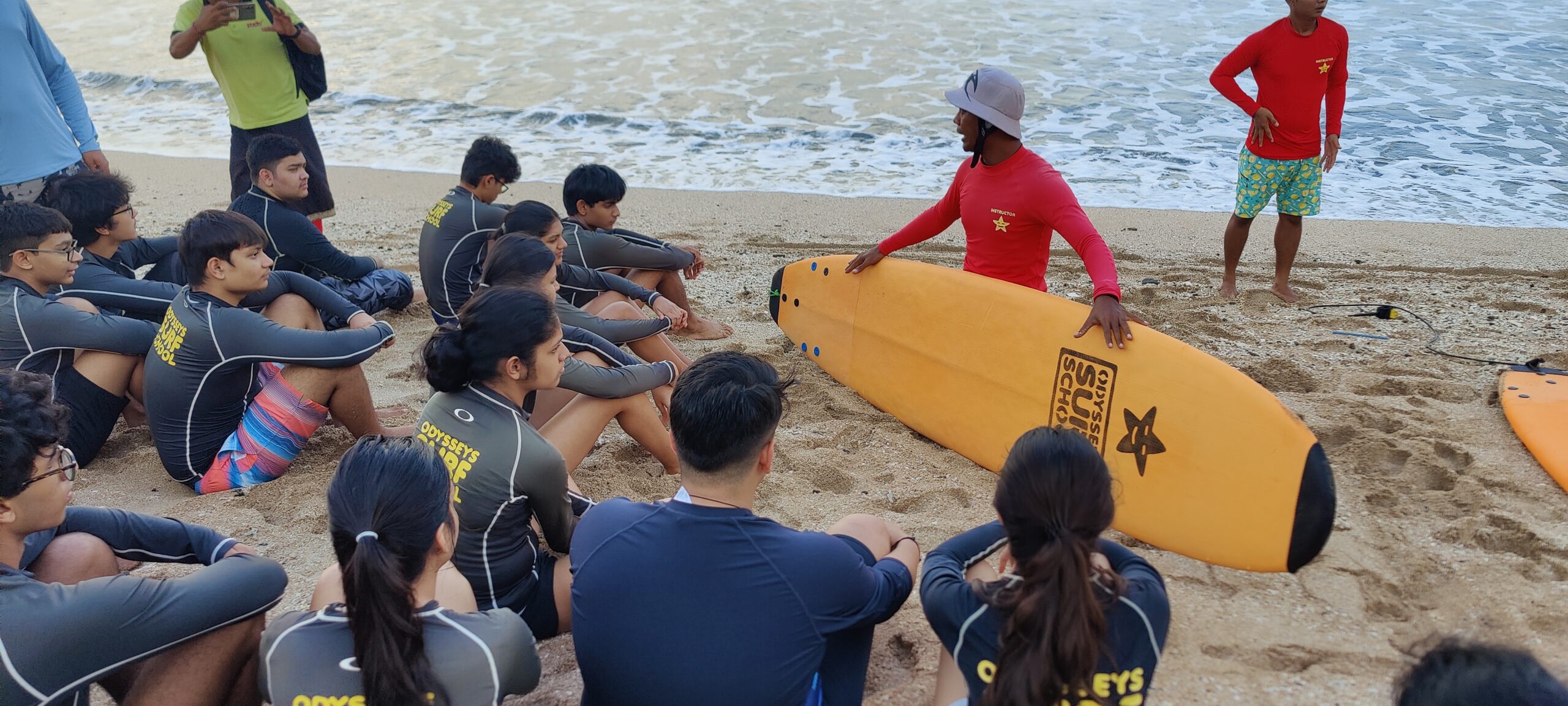
Every morning, the ocean became the classroom. Students began their days with sunrise yoga, beach volleyball, or meditation by the waves. Movement here wasn’t just about exercise—it was about balance, focus, and joy. Research shows that:
- Surfing promotes mindfulness—students learn to focus entirely on the rhythm of waves.
- The “blue mind effect” of the sea reduced stress, lifted mood, and strengthened emotional well-being.
- Sports and yoga built resilience, teamwork, and physical strength
What they realized was simple but powerful: exercise can be more than movement. It can heal the mind, bring communities together, and prepare you for challenges beyond the shore.


Experiencing Balinese Arts – The Kecak Dance
As evening fell, students gathered near temples, captivated by the sound of hundreds chanting “cak, cak, cak” in unison. This was the Kecak dance—a performance like no other.
Rooted in ancient trance rituals, the Kecak dance retells the Ramayana through rhythm, gestures, and vibrant costumes. It carried lessons that transcend cultures:
- Loyalty – Hanuman’s devotion.
- Courage – Rama’s determination.
- Faithfulness – Sita’s endurance.
- Justice – The triumph of good over evil.
But this was no passive experience. Students tried on costumes, spoke with performers, and glimpsed the spiritual depth behind the art. They understood that culture is not just entertainment—it’s a living bridge to universal values.


Farming & Food Heritage – Lessons from the Villages
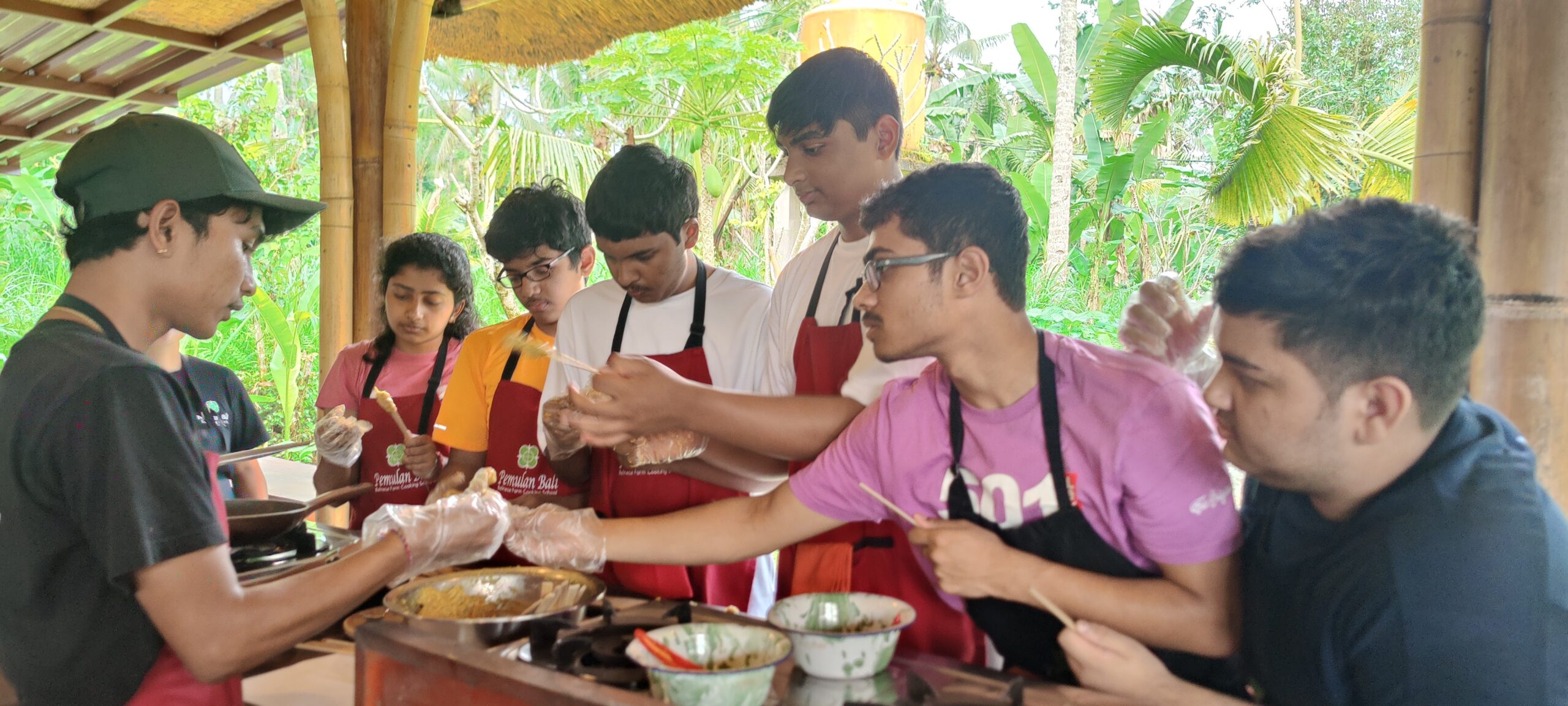
Away from the beaches, Bali’s villages revealed another side of learning.
At the heart of Balinese life is farming, particularly rice cultivation through the Subak system—a UNESCO-recognized cooperative irrigation network over a thousand years old. But Subak is not just engineering; its philosophy, rooted in Tri Hita Karana—harmony between people, nature, and the divine.Students walked terraced rice fields in Ubud, meeting farmers who explained how agriculture, community, and spirituality are deeply interconnected. They picked cassava, beans, eggplants, and aromatic spices like lemongrass, turmeric, and galangal. They cooked with villagers, tasting the fruits of their labor in traditional Balinese dishes.
The experience wasn’t only culinary. It was a lesson in sustainability, gratitude, and respect for the unseen effort behind every meal.
Afterwards, students cycled through villages, painted eco-messages like “Save Water” and “No Plastic” on community walls, and witnessed firsthand how small acts can create big change. Many realized that sustainability is not a concept—it’s a lifestyle.


More Than a Bamboo Workshop
Perhaps the most hands-on learning came from something surprisingly simple: bamboo.
In Bali, bamboo is everywhere—temples, homes, schools, furniture, even musical instruments. Students discovered why:
- Sustainability: Bamboo grows incredibly fast, prevents erosion, and absorbs carbon.
- Strength & Flexibility: As strong as steel, earthquake-resistant, ideal for tropical climates.
- Cultural Value: A symbol of harmony with nature, blending spirituality with beauty.
- Practicality: Lightweight, versatile, and easy to use in everyday life.
In a bamboo workshop, students designed and built furniture with their own hands. The furniture was donated to local schools transforming creativity into service.The lesson? Service is not about handing over money. It’s about effort, purpose, and creating something useful that strengthens communities.
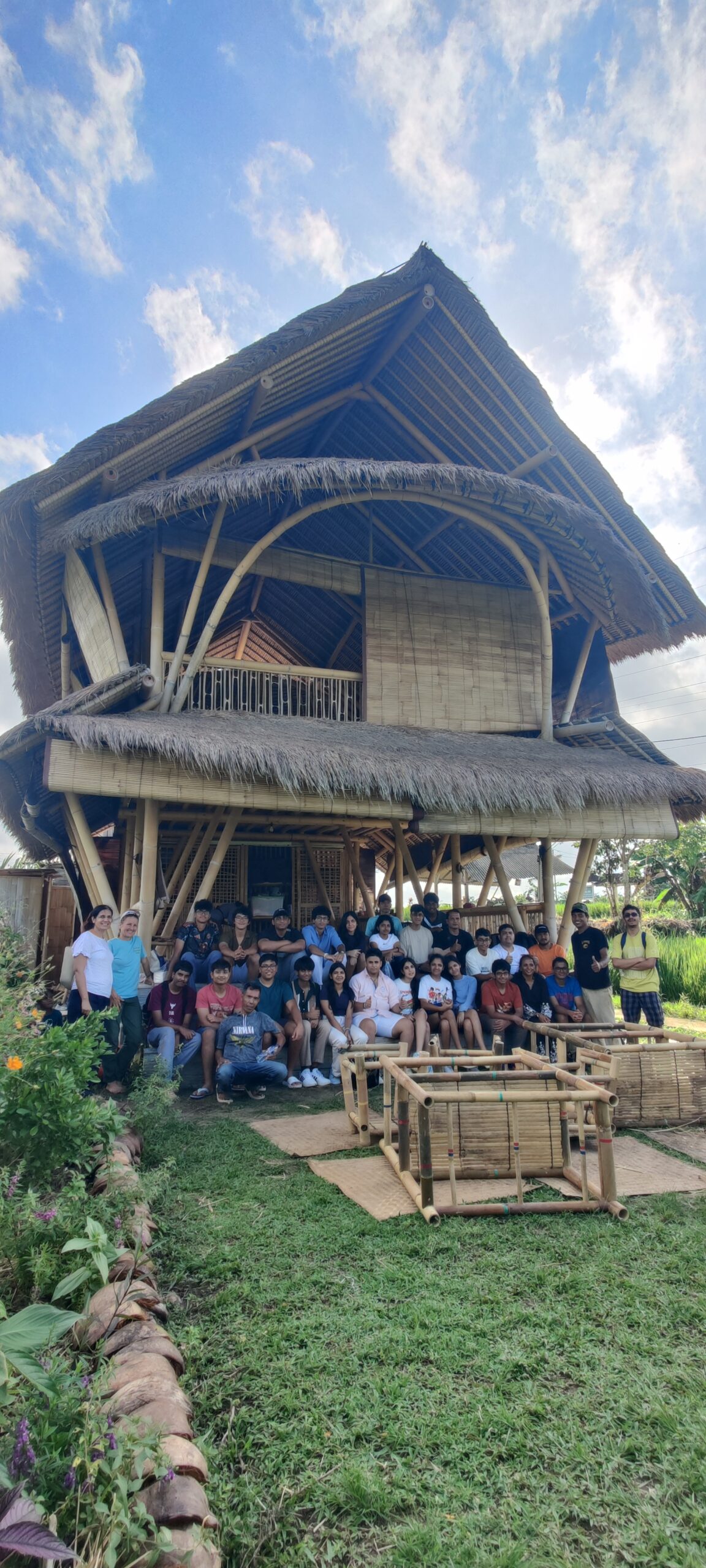
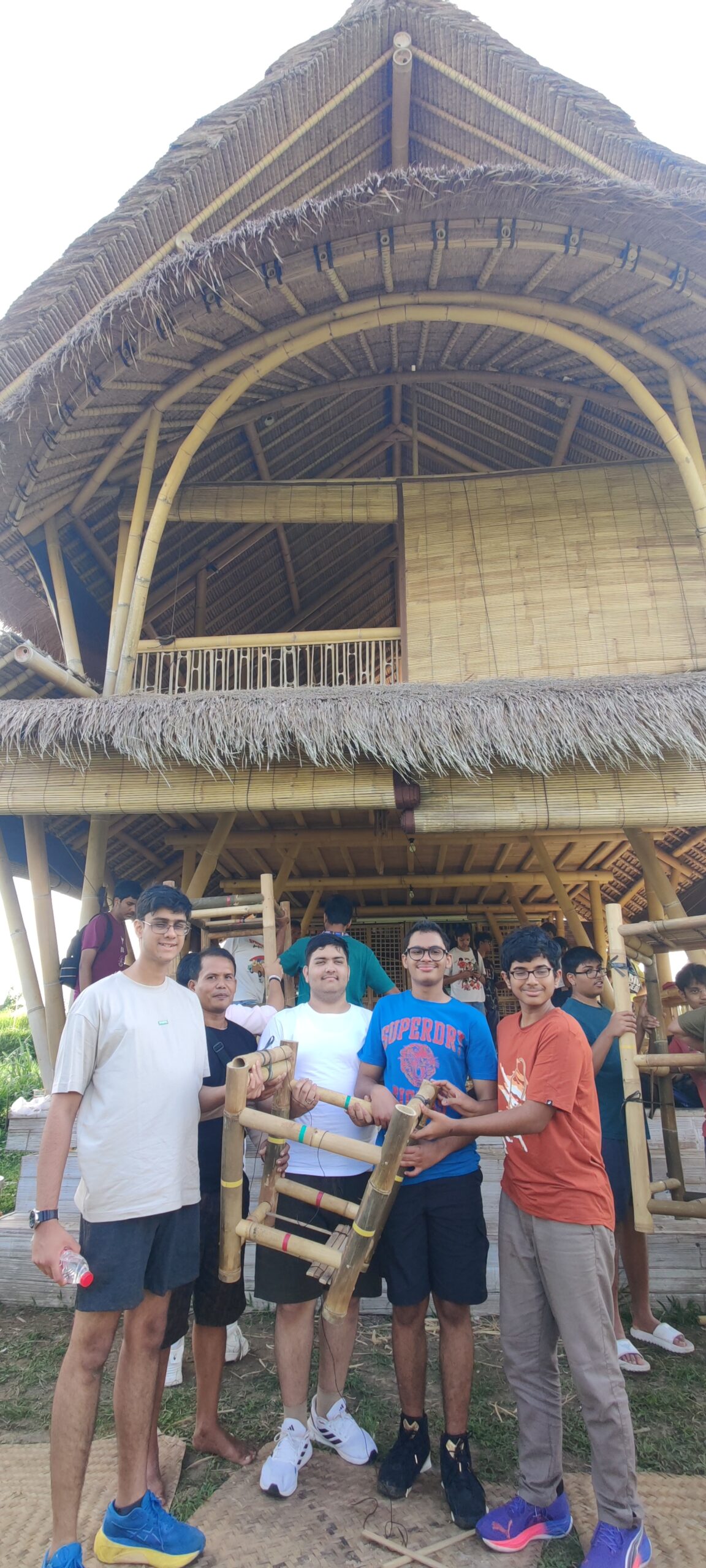
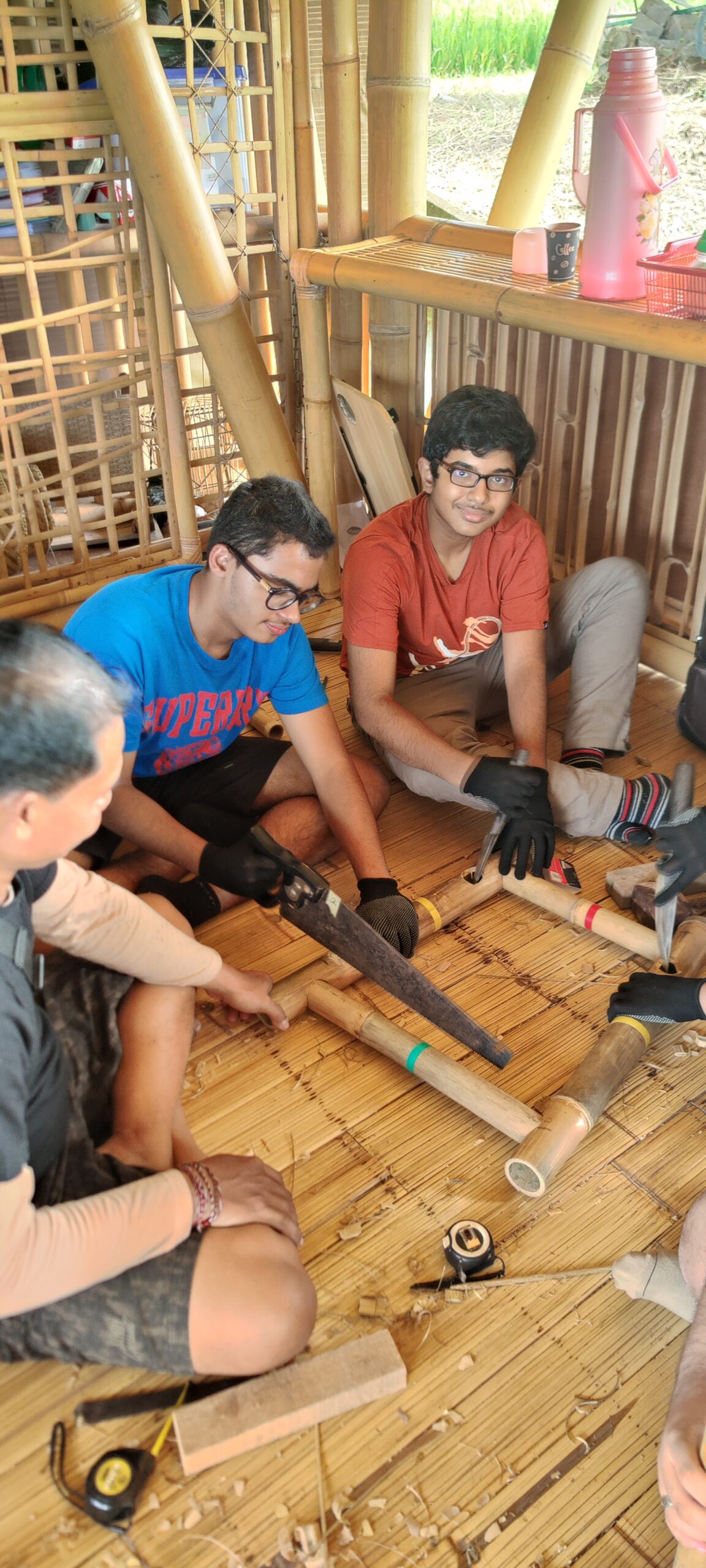
From Students to Global Citizens
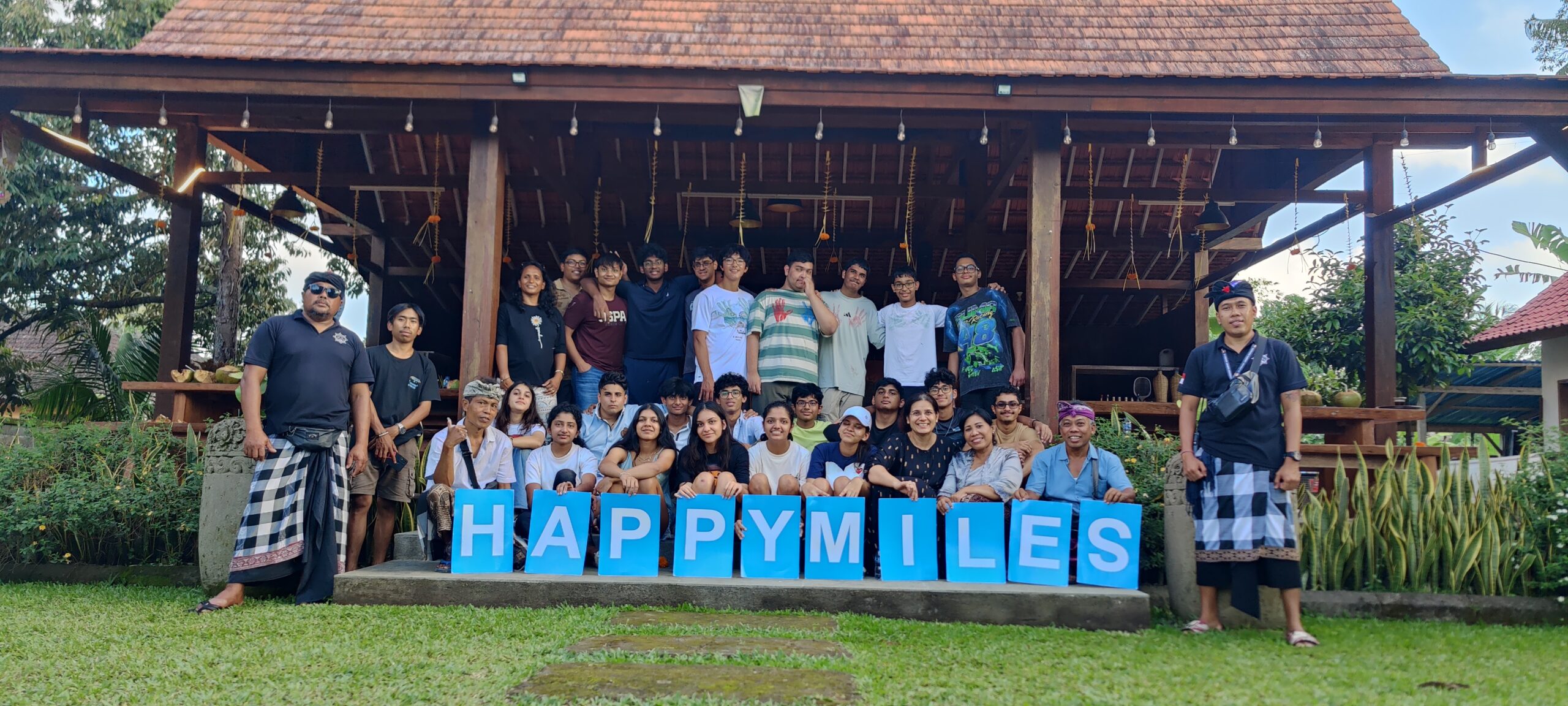
By the end of their journey, students had discovered something that no classroom could ever fully capture. They had laughed together, struggled together, worked together, and served together.
They returned not just with memories, but with a deeper sense of responsibility—to themselves, to their communities, and to the planet. They had seen sustainability in action, empathy in practice, and culture as a living force.
In essence, they had transformed—from students to global citizens.
Reflection Questions
- What is the most valuable lesson you’ve learned outside the classroom?
- How can activities like yoga or surfing strengthen not only the body, but also the mind and spirit?
- What values from stories like the Ramayana still guide us today?
- How can farming traditions or bamboo innovations inspire sustainable living in our own communities?
Closing Thought
Education doesn’t stop at the school gate. It lives in the chants of a Kecak dance, in the resilience of farmers, in the rhythm of ocean waves, and in the simplicity of bamboo.
In Bali, students discovered that learning is not just about absorbing knowledge—it’s about connection: to culture, to nature, and to each other.
For the HappyMiles team, CAS is not a conventional school trip. It is a carefully crafted journey—built with endless effort, thoughtful planning, and deep collaboration with local experts. Every activity, from yoga to bamboo workshops, is designed not only for adventure but also with an understanding of students’ psychology, their need for challenge, reflection, and growth.
This is why CAS with HappyMiles is more than just travel. It’s transformation.
And if you are a teacher or student inspired to create such meaningful experiences, we welcome you to connect with us. Together, we can design journeys that turn curiosity into discovery, service into empathy, and students into global citizens.
When young people travel with open hearts, they don’t just collect passport stamps.
They collect lessons for life.
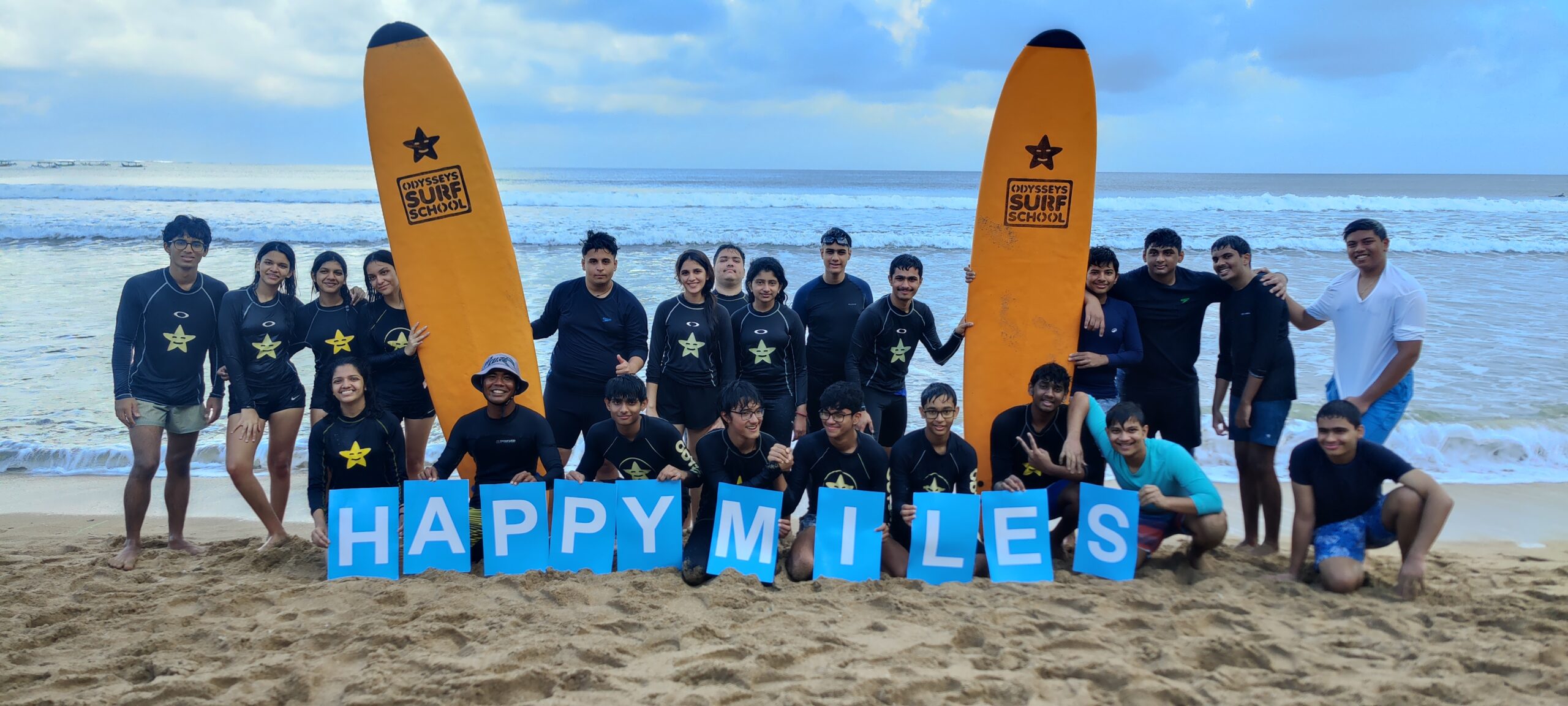
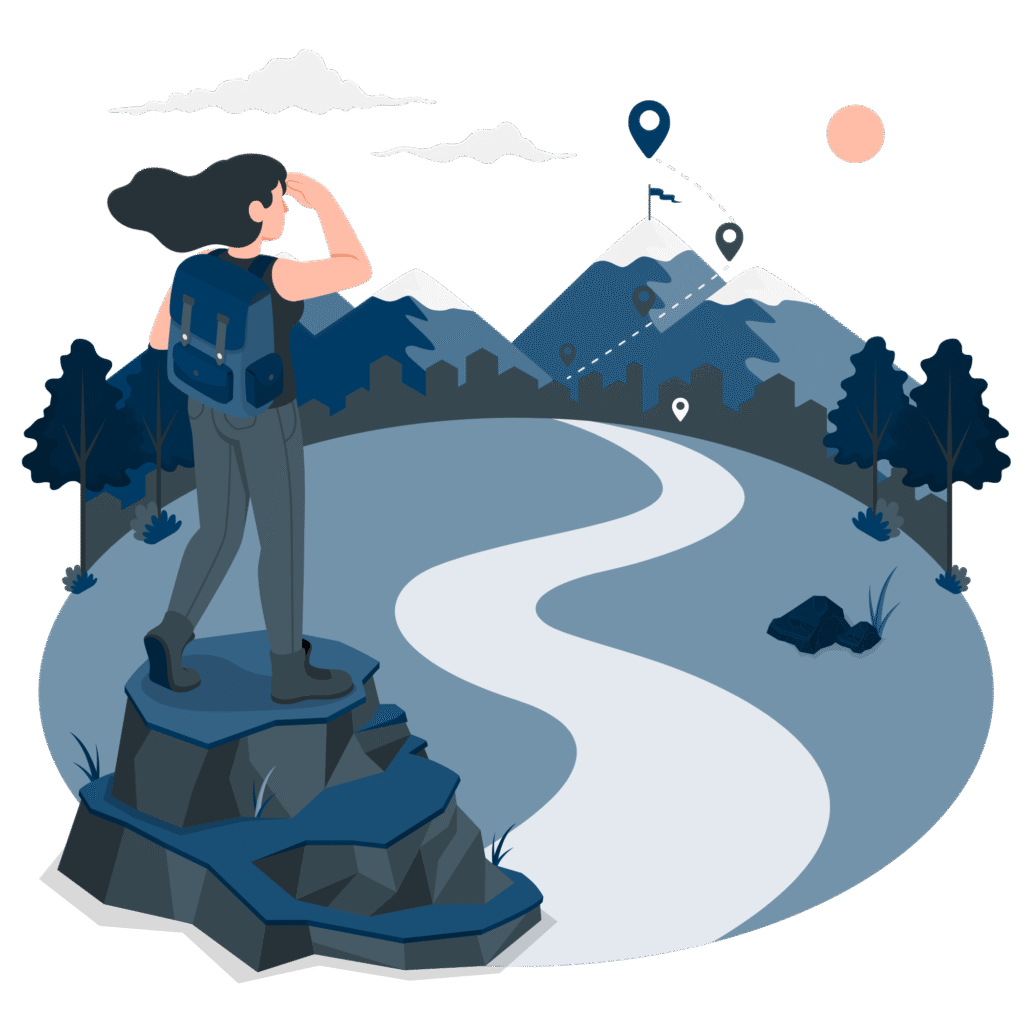
Frequently Asked Questions
How are activities structured during a trip like this?
Every activity is designed around specific learning goals, using hands-on tasks, real-world challenges, and guided exploration to make STEM meaningful.
Are the certification programs recognized?
Yes! Our certifications are led by subject experts and aligned with global learning standards and Sustainable Development Goals (SDGs).
What age groups are best suited for these journeys?
We customize activities for levels from primary to high school, ensuring every student is both challenged and supported.
How can I enroll in these curriculum-aligned programs?
It’s easy! Visit happymiles.in and send us your query. One of our subject matter experts will reach out with all the details you need.
The programs sound amazing, but what about affordability?
At Happymiles, we believe quality education and life skills should be accessible to all — regardless of financial background. That’s why we offer flexible EMI options, scholarships, and seasonal discounts. We want students to focus on learning — and we’ve got your back every step of the way.

